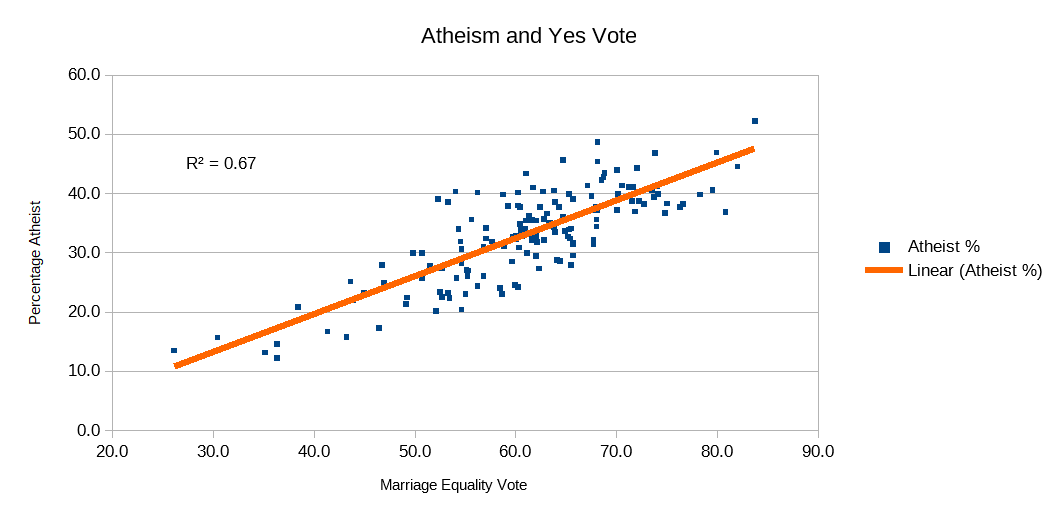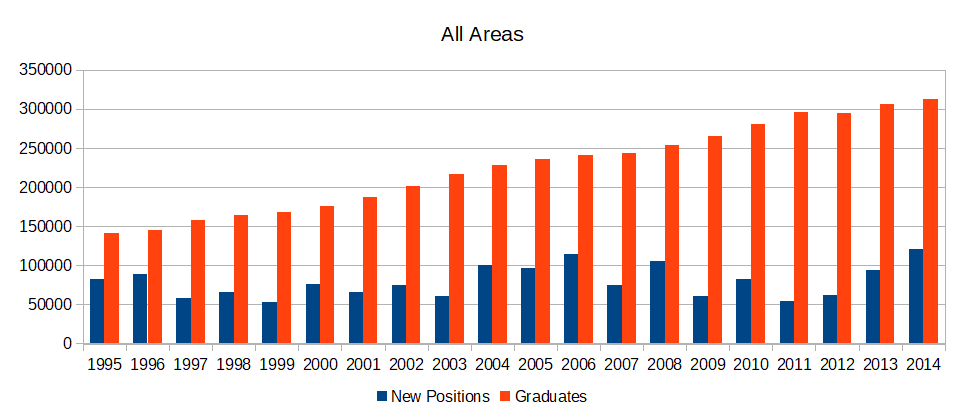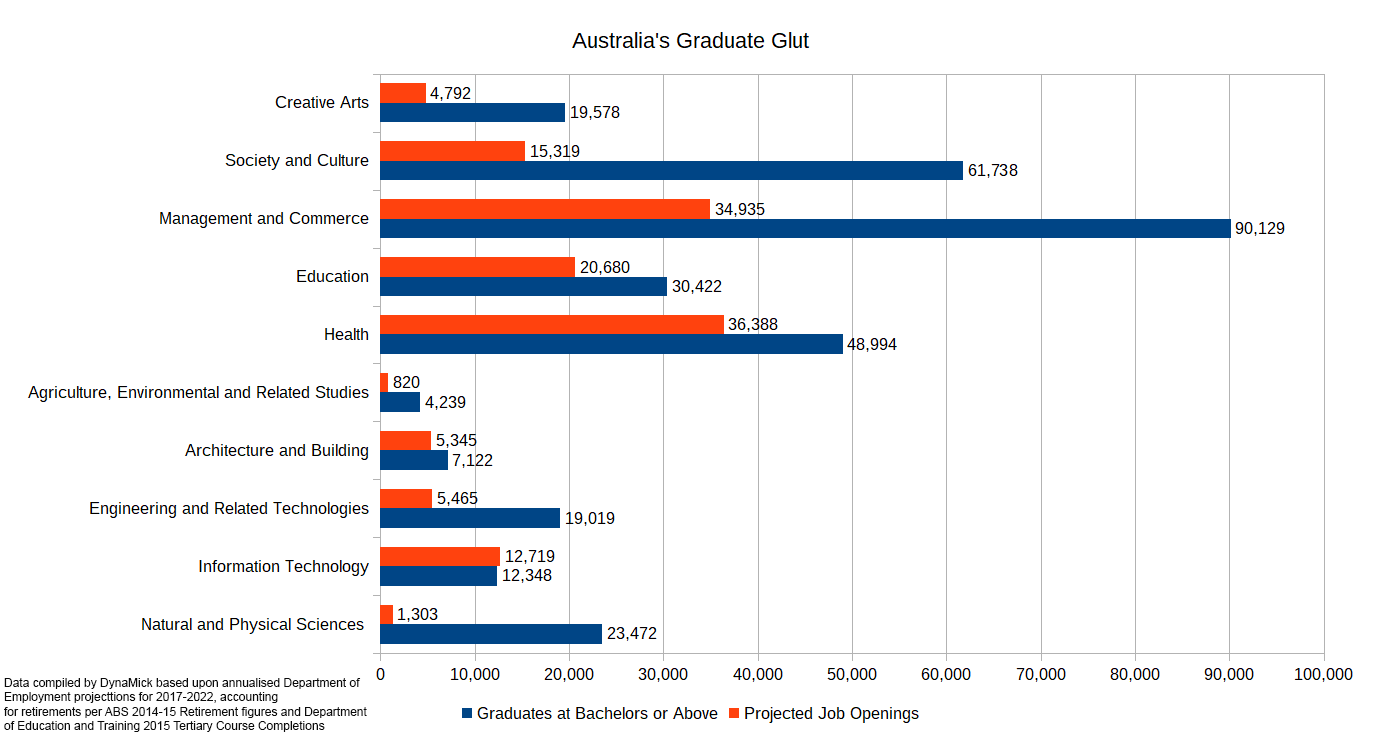The election of Donald Trump was the rebel yell of the forgotten seeking an alternative to the neoliberal status quo. Any alternative. He not only smashed the overton window, campaigning on policies which were outside the narrow acceptable margins, but his manner was also entirely outside the established norms. For a press which is more used to challenging politicians on procedural rather than policy grounds, these mannerisms were particularly offensive. Democratic pundits and pollsters refused to believe that such a man could win. When faced with the choice between four more years of status quo neoliberalism and a loose cannon promising to drain the swamp, the disenfranchised masses opted for the Trump, hoping for a wrecking ball.
The liberal press and democratic establishment still refused to believe it. An odious man who refused to hide his racism and sexism behind any of the obligatory smokescreens could not beat their golden girl, the pre-ordained first woman president. In the world of Red Brand versus Blue Brand, each occupying the sensible centre with a different sales pitch, such a result was unthinkable. So they rejected reality and substituted their own.
The conservative right understood that politics was a class war rather than a beauty pageant, as demonstrated by the rise of the Tea Party. The liberal media and political establishment instead had so thoroughly oriented themselves towards the market that even elections were understood as a marketplace of ideas, one where facts and reasonableness would outshine emotional appeals. Educated coastal elites saw Trump’s statements fact-checked and the charlatanry at the core of his being digested by the media. But desperate folks in the rust belt left behind by neoliberalism only saw a successful man promising that he alone could fix their problems. Whatever his faults, he offered the strugglers something different, the chance of something better. With the status quo offering only continued despair, these folks grabbed onto the only life-raft they were offered.
If America was already great, as the Clinton campaign asserted, then there would be no reason for these folks to make such a desperate choice. With Democrats having controlled the presidency for 16 of the past 24 years, the degredation of the rust belt couldn’t be palmed off as the fault of the conservatives. It was the direct result of neoliberalism; of the third way policies which liberals had espoused. Their governance, supposedly from the left, had driven the poor to such desperation that they were willing to burn it down and start again. This was understandably hard for the liberal establishment to accept.
But what if the people didn’t really vote for Trump? Then the illusion could be maintained, the crippling effects of neoliberalism on communities could be ignored again. America was already great so the electoral college couldn’t be blamed, nor the other absurdities of the voting system (Tuesday elections, first past the post, etc). The problem had to be international. ‘Fake News’ provided an initial suggestion – scammers from Macedonia were duping Americans with misinformation. But between the adoption of the term by Trump against those who criticised him and the generally dreadful quality of the US media, this couldn’t be sustained.
Who had they been trained from birth to fear? The Soviet Union. Nothing riles up Americans like a good old fashioned red scare. Despite the absence of anything remotely socialist in modern Russia (thanks in part to US support for Yeltsin selling off the state to his oligarchic mates), Putin’s KGB history provided enough connection to tap into a fear which has been built at a cultural level. So the spectre of Russian hacking was invoked, which went down a treat with the public. Throw in any past connections between Trump and Russia to demonstrate this, and you’ve got a media show which can go on for months. America is already great, our neoliberal policies are fine, but our nefarious enemies will do anything to stop us.
Updates on the Mueller investigation are given pride of place daily in the American media, with much of the remaining space for politics taken up with disgust at Trump’s Twitter feed for breaking political norms. This has effectively crowded out discussion of what the regime is actually doing, which is mostly the very same neoliberalism the Democrats support. The Trump administration sells weapons to Saudi Arabia to use in their war on Yemen. So did Obama. Trump gave a massive tax cut to business. Obama cut tax on business too. By moving the focus to Russian interference, the liberal and media establishment can avoid discussing the failures of neoliberalism which Trump continues to perpetuate. By avoiding policy, they starve the oxygen from other challenges to the status quo. Massive corporate donations to the Democrats would be lost without support for neoliberalism, while the media is increasingly owned by oligarchs who favour business interests.
Russia probably did try to influence the election. Anything which shows democracy as chaotic supports Putin’s autocratic rule at home, and a reality TV star as US President certainly fits in that category (as does Brexit). But to suppose that this is a calamitous injustice as the extent of coverage suggests is to be willfully ignorant of recent history. The Soviet Union didn’t just post fake tweets, it actively ran political parties promoting its interests overseas. But while the Soviet/Russian state interfered in 36 foreign elections between the end of World War 2 and 2000, one other country managed more than double that number, with 81. That other country? The United States of America.
US interference in the affairs of other nations goes far beyond just intervening in elections to support their interests. The American state apparatus has supported coup after coup, from Iran to Guatemala, Chile to Grenada and across the world. For the US establishment to suddenly consider Russian email hacking to be beyond the pale shows either complete ignorance or breathtaking hypocrisy. But when their media has continually downplayed the extent of US involvement in these actions, one can understand the American public playing along. The conflation of freedom and free markets has propagandised these folks to believe the US is the capital of democracy rather than of the unrepentent capitalism which has driven 13% of their population into poverty. So they swallow the line and wait with baited breath for each update on the Mueller investigation, hoping that this leak will be the one which sinks Trump. Then democracy and civility will be restored, as a less vulgar Republican continues with the policies which drive the shrinking middle class into destitution.



